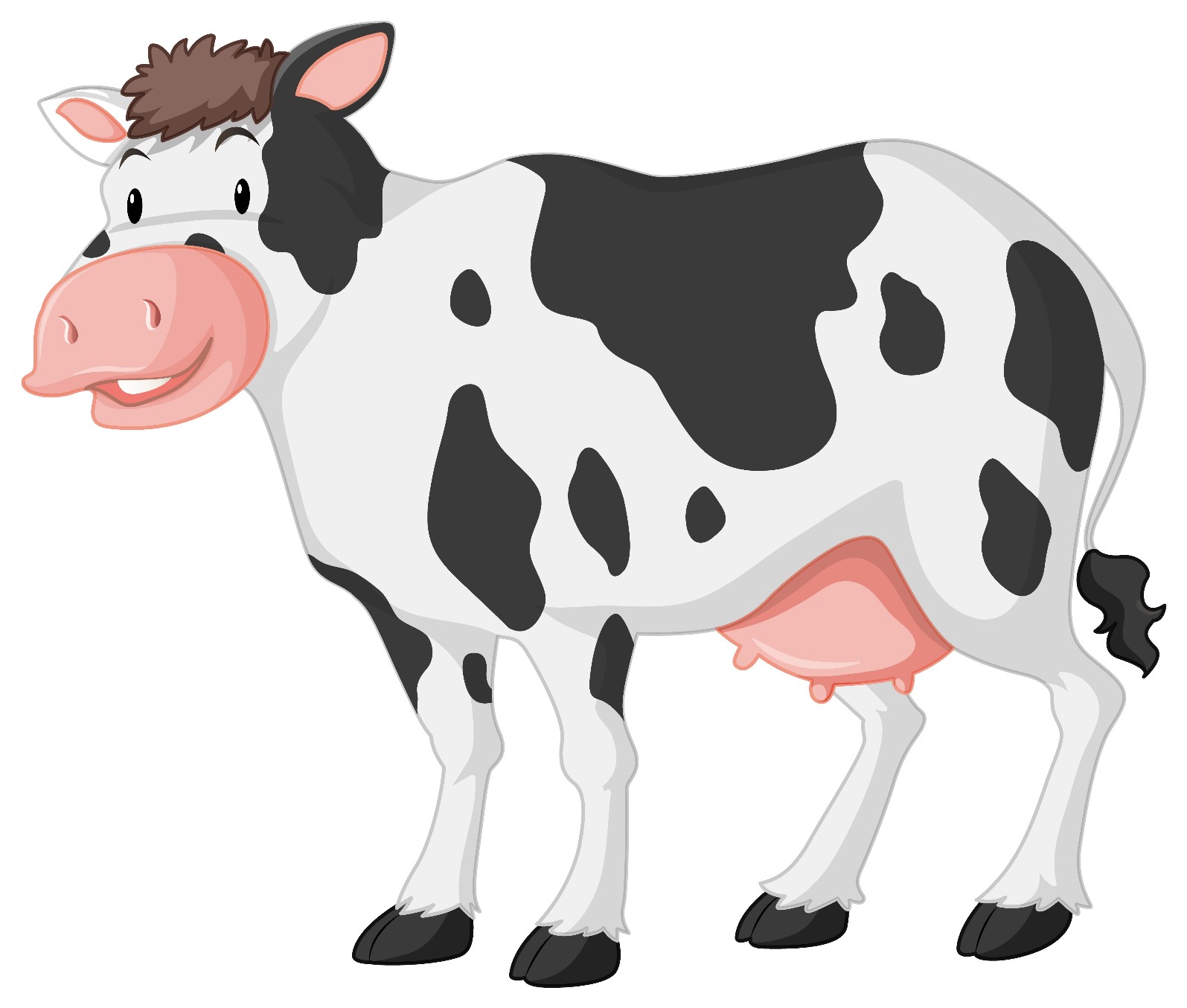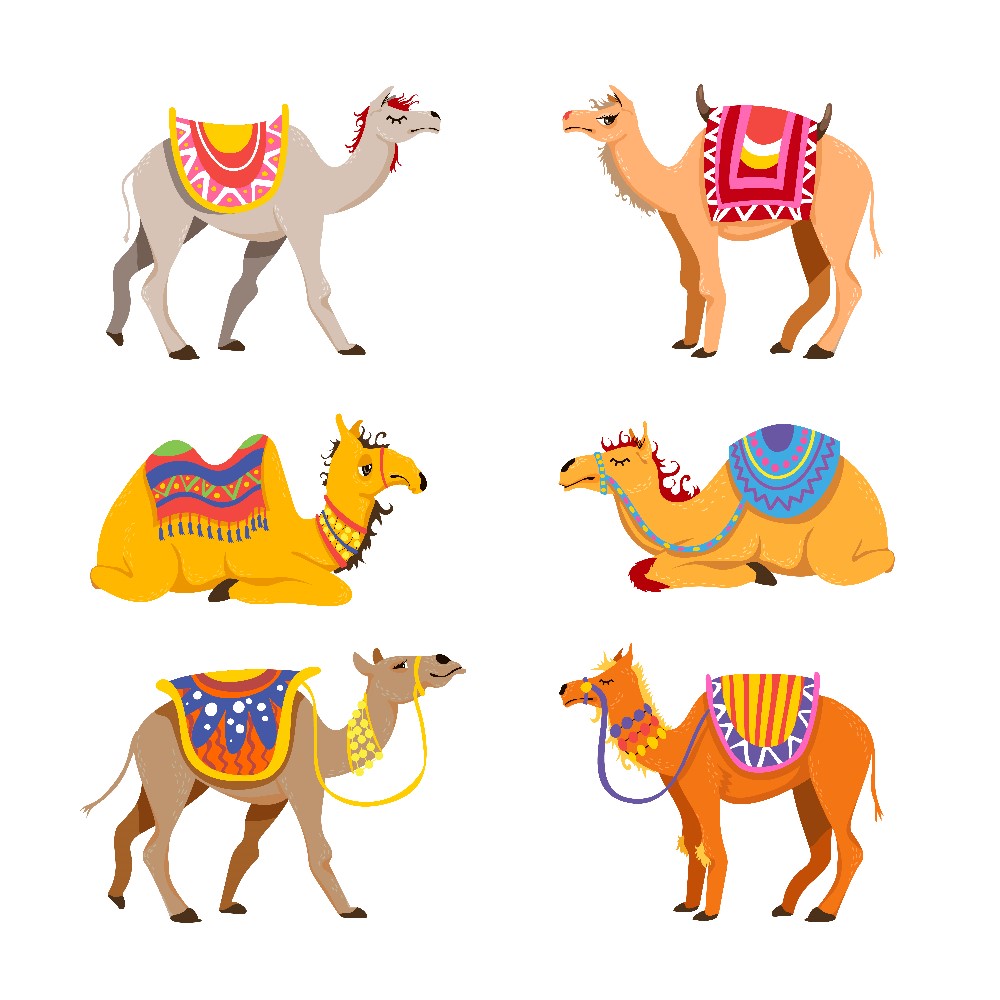Essay on cow in English
Welcome to ASKMORETOLEARNMORE, where knowledge is our compass and curiosity our guiding star. Join us on a journey of exploration, learning, and inspiration as we delve into the world of wisdom, In this post we will se Essay on cow in English .”

Cows, often referred to as the “sacred bovine,” hold a special place in the hearts and cultures of people around the world. Revered for their role in agriculture, their contributions to human society, and their symbolism in various religions, cows are an essential part of our lives. In this essay, we will explore the significance of cows, their importance in different cultures, their role in agriculture, and the ethical considerations related to their treatment.
Cows are domesticated animals that have been raised by humans for thousands of years. They are members of the Bovidae family and are known for their docile nature and valuable contributions to society. There are several breeds of cows, each with distinct characteristics and purposes, such as dairy cows, beef cattle, and work oxen.
One of the primary roles of cows in human society is their contribution to agriculture. Dairy cows, in particular, provide a consistent source of milk, which is a vital part of the human diet. Milk is not only consumed as a beverage but is also used to produce various dairy products such as cheese, yogurt, and butter. In regions with a strong dairy tradition, cows are central to the local economy and culture.
Agriculture and Food Production: Cows are essential for agriculture as they provide dairy products like milk, cheese, and butter. They also play a vital role in meat production, providing beef and leather. These products are fundamental for nutrition, culinary traditions, and the global food industry.
Diverse Agriculture: Cows are herbivores and consume a wide range of plant materials. They help maintain biodiversity in ecosystems and can graze on lands that are unsuitable for crops. They contribute to sustainable and diverse agriculture.
Workforce: In many parts of the world, cows are used as working animals for tasks such as plowing fields, transporting goods, and providing power in rural areas. This reduces the dependency on non-renewable energy sources.
Manure as Fertilizer: Cow dung is a valuable natural fertilizer. It enriches the soil, improves its texture, and enhances crop yields, making it essential for agriculture and reducing the need for chemical fertilizers.
Economic Contribution: Agriculture is a major contributor to the economy in many countries. It provides employment opportunities, supports rural livelihoods, and contributes to a nation’s GDP. The entire food production and distribution chain, from farming to processing, transportation, and retail, generates economic activity.
Raw Materials: Agriculture produces raw materials for various industries. Cotton, for example, is used to make textiles and clothing. Timber and wood products come from forested areas. Biofuels like ethanol are produced from crops such as corn and sugarcane.
Biodiversity: Agricultural practices can either contribute to or detract from biodiversity. Sustainable farming methods, such as crop rotation and agroforestry, can promote biodiversity by maintaining a variety of plants and animals in agricultural landscapes.
Environmental Impact: Agriculture can have a significant impact on the environment. It can contribute to deforestation, soil erosion, and habitat destruction. The use of pesticides and fertilizers can result in pollution and harm to ecosystems. Sustainable agriculture aims to minimize these negative effects by promoting responsible land management and resource conservation.
Innovation and Technology: Agriculture has seen significant advancements in technology and innovation. Modern farming techniques involve the use of tractors, precision agriculture, drones, and genetically modified crops, among other things. These innovations help increase productivity and reduce waste.
Global Trade: Agriculture is a global industry, and many countries rely on international trade to meet their food and resource needs. Exports and imports of agricultural products are essential for providing a diverse range of foods and commodities, ensuring food security, and supporting the global economy.
Climate Change Mitigation: Agriculture has a role in mitigating climate change. Practices such as agroforestry, no-till farming, and sustainable land management can sequester carbon, reduce greenhouse gas emissions, and enhance the resilience of agricultural systems in the face of changing climate conditions.
Cultural Significance: Agriculture often plays a central role in cultural traditions and celebrations. Harvest festivals and agricultural rituals are common in many societies, and they serve as a connection to the land and the cycles of nature.
Importance of milk:
Milk is a highly nutritious and versatile beverage that offers a wide range of health benefits. Here are some of the key benefits of consuming milk:
Rich Source of Nutrients: Milk is a rich source of essential nutrients, including calcium, vitamin D, vitamin A, vitamin B12, and riboflavin. These nutrients are vital for maintaining good health and supporting various bodily functions.
Strong Bones and Teeth: Calcium and vitamin D in milk are essential for building and maintaining strong bones and teeth. Regular consumption of milk can help reduce the risk of osteoporosis and fractures, especially in children and the elderly.
Healthy Growth and Development: Milk is an important part of a balanced diet for children and teenagers. It supports their growth and development by providing essential nutrients for physical and cognitive development.
Muscle and Nerve Function: Calcium in milk is necessary for proper muscle function and the transmission of nerve signals. It helps prevent muscle cramps and supports overall muscle health.
Heart Health: Milk contains potassium, which can help regulate blood pressure and reduce the risk of cardiovascular diseases. The combination of calcium and potassium may promote heart health.
Weight Management: Low-fat or skim milk can be part of a weight management plan. The protein in milk helps promote a feeling of fullness, which can reduce overall calorie intake.
Skin Health: Vitamin A in milk is essential for maintaining healthy skin. It plays a role in skin cell production and repair, which can help improve skin health.
Eye Health: Vitamin A is also crucial for maintaining good vision. It supports the health of the eyes and can help prevent conditions like night blindness.
Digestive Health: The lactose in milk serves as a source of energy, and the probiotics in some fermented milk products can promote a healthy gut by supporting beneficial gut bacteria.
Hydration: Milk is composed of approximately 87% water, making it a hydrating beverage that helps maintain proper bodily fluid balance.
Convenience: Milk is a convenient and readily available source of nutrition. It can be consumed on its own, used in cooking and baking, or added to coffee, tea, and various recipes.
It’s important to note that individual responses to milk and dairy products can vary. Some people may have lactose intolerance or dairy allergies, which can cause digestive discomfort. In such cases, lactose-free or dairy alternatives like almond milk, soy milk, or lactose-free milk can be suitable options. It’s also essential to choose milk with appropriate fat content to meet your dietary goals and preferences, whether that be whole milk, reduced-fat, or skim milk.
Beyond their contributions to agriculture, cows hold cultural and religious significance in many societies. In Hinduism, the cow is considered sacred, symbolizing the divine and motherly qualities. Cows are revered as gentle and nurturing beings, and harming them is considered a serious offense. In India, the protection of cows is enshrined in law, and the slaughter of cows is banned in several states.
In some cultures, cows are seen as a symbol of wealth and prosperity. Owning cattle can represent economic stability and social status. In traditional societies, cows have been used as a form of currency and a measure of wealth.
The treatment and welfare of cows are important ethical considerations. Advocates for animal rights and welfare emphasize the need for humane treatment in all aspects of cattle farming, from breeding and housing to transportation and slaughter. Proper care, nutrition, and access to clean water and shelter are essential to ensuring the well-being of cows.
In recent years, there has been a growing awareness of the environmental impact of cattle farming. The livestock industry, including cattle, contributes to greenhouse gas emissions and deforestation. Sustainable and ethical practices in cattle farming are crucial to mitigate these environmental concerns.
In conclusion, cows are remarkable creatures that have played essential roles in agriculture, culture, and religion throughout history. Their contributions to human society, as sources of milk, meat, and more, are immeasurable. As we continue to benefit from the many gifts that cows provide, it is our responsibility to treat them with kindness, respect their cultural significance, and address the ethical and environmental challenges associated with their care.




